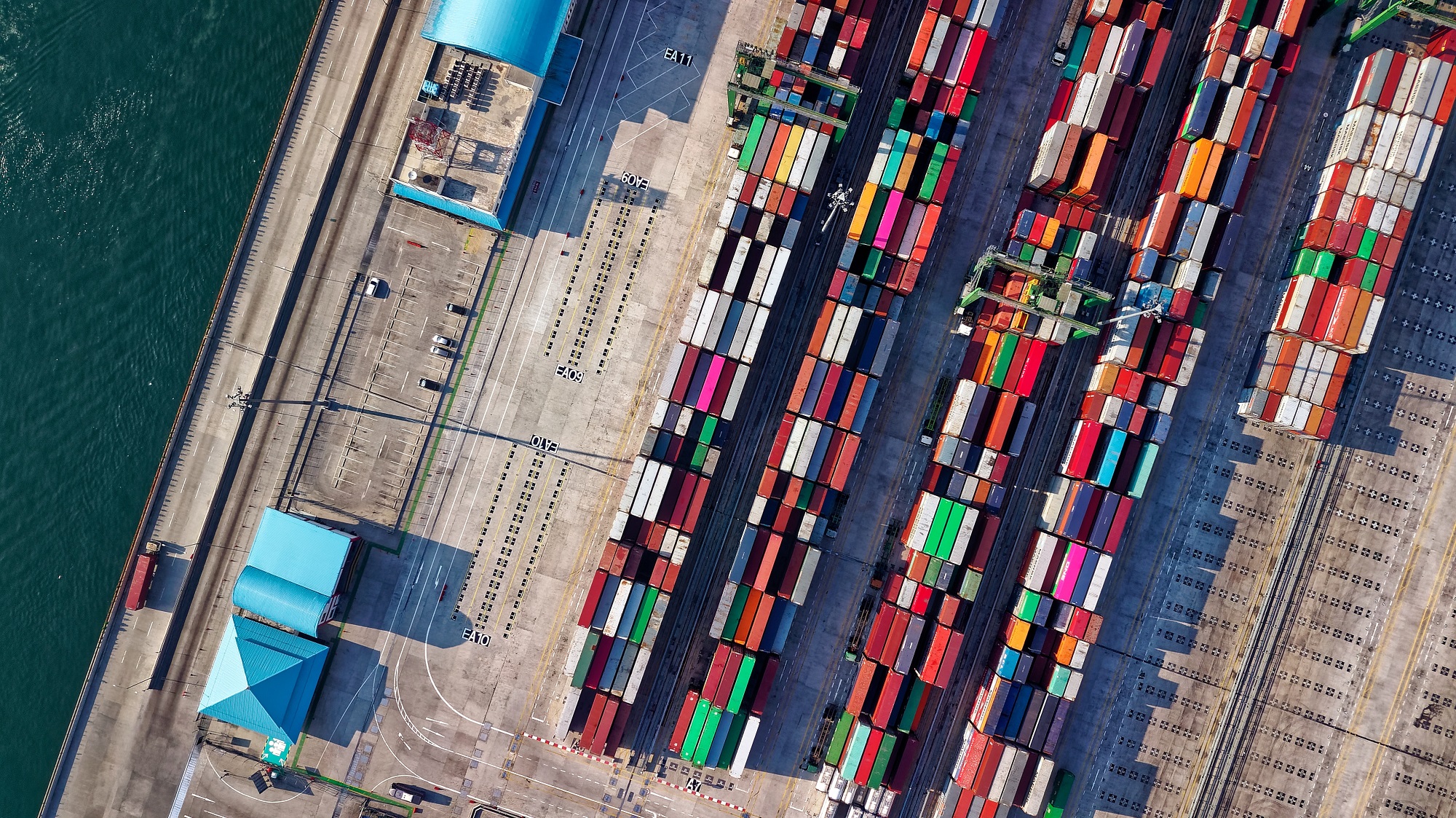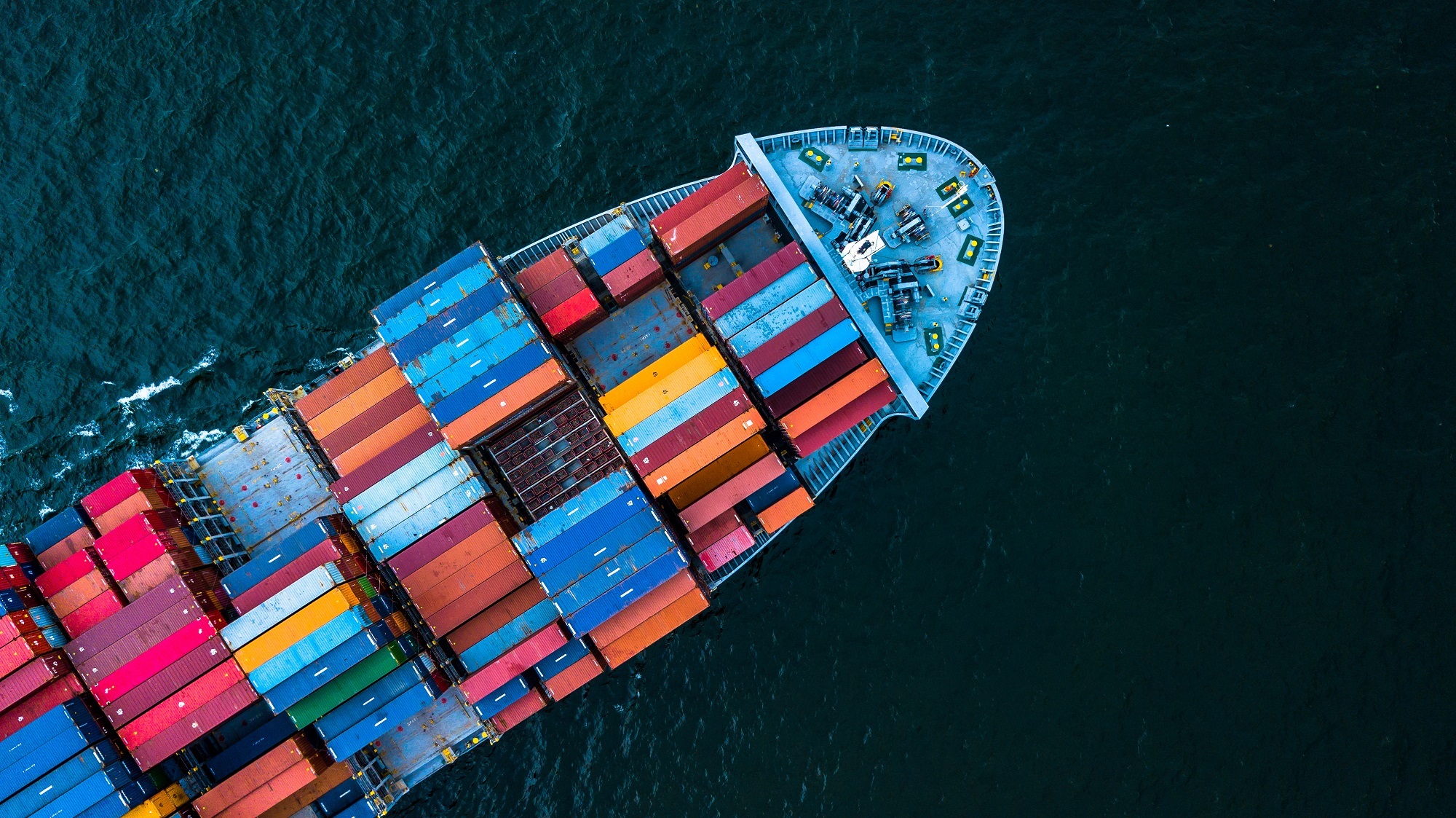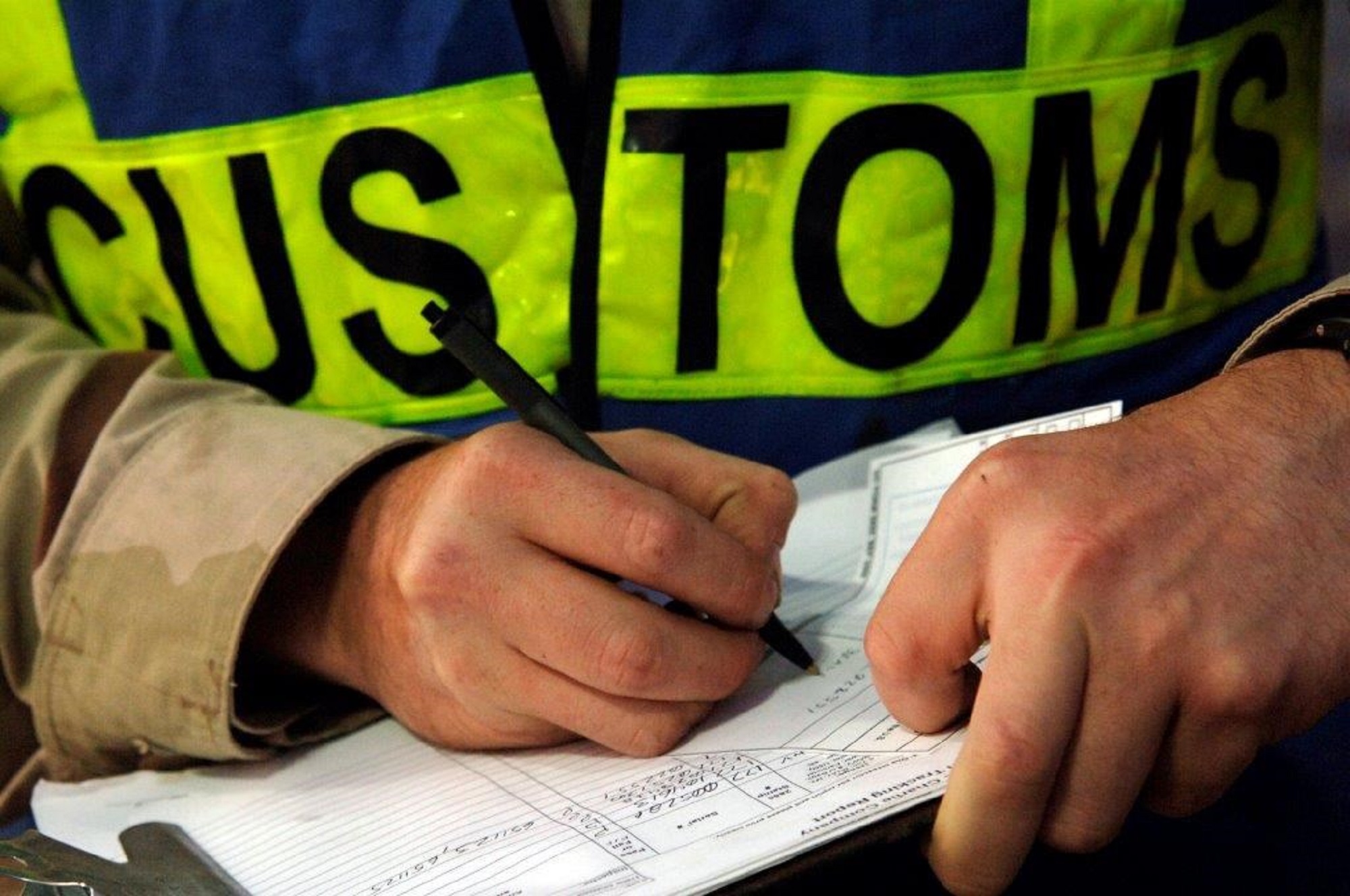On 14 February 2019, the Court of Justice of the EU (CJEU) issued its judgment in the “Vetsch Int. Transporte GmbH” case (no. C-531/17), involving a situation of international VAT fraud. The Court’s judgment underlines that customs agents should always take sufficient measures to avoid becoming part of a supply chain tainted by VAT fraud. In this news item, we discuss the case and its relevance to importers, customs agents and other parties involved in international trade.
Facts
In 2010 and 2011, two Bulgarian companies purchased goods in Switzerland with the intention of importing them into Austria. An Austrian forwarding company (i.e. Vetsch Int. Transporte GmbH) acted as a customs representative and imported the goods on behalf of the said two Bulgarian companies. As the goods were to be transported to Bulgaria, Vetsch applied the VAT import exemption on the basis of the so-called ‘customs procedure 42’. It subsequently became apparent that the Bulgarian companies committed VAT fraud with the goods in Bulgaria. In connection therewith the Austrian Tax Administration refused the VAT import exemption and imposed an additional VAT assessment on Vetsch – which in turn appealed against this decision.
Background: Customs Procedure 42
Customs Procedure 42 is a regime that allows importers to, under certain conditions, obtain a VAT import exemption when the imported goods are subsequently transported from the Member State of importation to another EU Member State. In essence, customs procedure 42 consists of two parts:
The importation of the goods, which is exempt; and
The subsequent intra-Community supply of the goods, which is also exempt.
The primary consequence of the application of customs procedure 42 is that VAT is not levied upon import or once the intra-Community supply has taken place, but rather when the goods are acquired by a trader in the ultimate Member State of destination. The objective of customs procedure 42 is to facilitate and simplify cross-border trade. We note that various conditions apply.
CJEU judgment
With reference to previous case law (e.g. CJEU Enteco Baltic, no. C‑108/17; see also our news item published on 10 April 2018), the CJEU reiterates that the most important condition for the application of the VAT import exemption is that the goods are subsequently transported to another Member State. In the case at hand, the Court concludes that this condition appears to have been met, as well as the other conditions. Therefore, Vetsch was, in principle, entitled to apply the VAT import exemption pursuant to customs procedure 42.
Notwithstanding the above, the CJEU points at the circumstance that the Bulgarian companies were involved in VAT fraud in Bulgaria. The question is whether this has any implications for the application of the VAT exemption by Vetsch. In this respect the Court rules that VAT was first payable in Bulgaria, and not in Austria. If the VAT fraud does not relate to the importation and intra-Community supply in Austria, Vetsch was allowed to apply the VAT exemption. However, this is only the case if there is no evidence to support the conclusion that Vetsch knew or should have known that the subsequent transaction entailed tax evasion on the part of the Bulgarian companies.
Day-to-day practice
This case underlines that the VAT import exemption (pursuant to customs procedure 42) cannot automatically be denied by the authorities if the substantive conditions for its application are met. However, customs agents and traders have an obligation to ensure that they do not become part of a supply chain that has been tainted by VAT fraud. If they were or should have been aware of such fraud then they can be confronted with VAT assessments, fines and other sanctions.
As also stressed by the European Court of Auditors (ECA) in a report published at the end of 2017, the application of customs procedure 42 continues to be problematic. It appears that customs officials are not always able to systematically check the registry of VAT identification numbers (VIES). Moreover, fraud risk-related information is not always forwarded to the tax authorities of other Member States. For this reason, the EU institutions have recently agreed on rules that should allow for faster cross-border exchanges of information between customs and tax authorities. Notwithstanding these developments, it remains important for internationally operating businesses to be alert to signs of VAT fraud by other parties in the supply chain. Not being sufficiently vigilant or watchful can have serious financial implications. If you would like to discuss the options on how to improve the alertness of your organisation, please contact us.
This content was published more than six months ago. Because legislation and regulation is constantly evolving, we recommend that you contact your Baker Tilly consultant to find out whether this information is still current and has consequences (or offers opportunities) for your situation. Your consultant will be happy to discuss the latest state of affairs with you.





